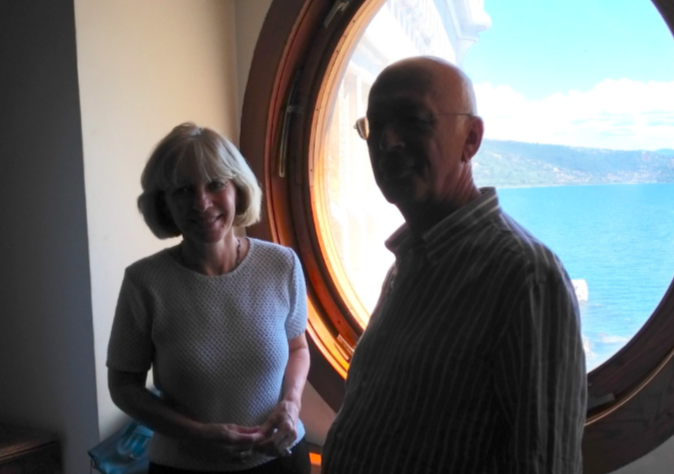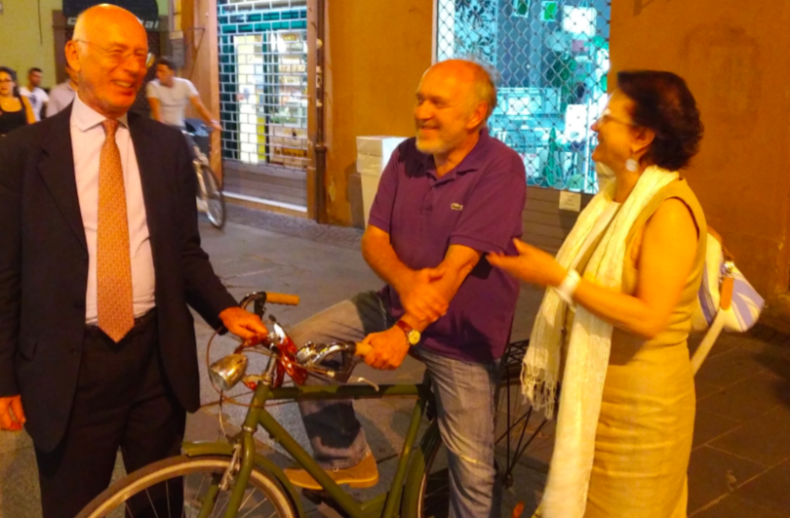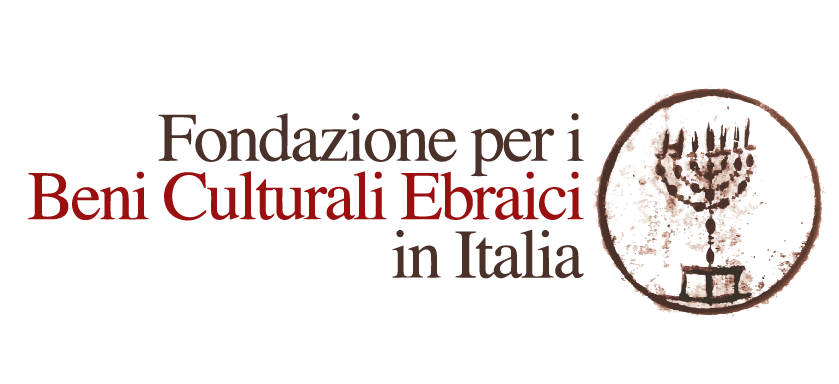“The data relating to the latest ‘eight per thousand’ donations to UCEI are worrying, and indicate a more general trend of disenchantment and mistrust towards institutions, from the Church to traditional political parties. The increase in both the undeclared amount and abstention can equally be traced back to this pattern. This phenomenon is alarming”, says Disegni, “because it suggests that the people have distanced themselves from the spheres of civil and political commitment.”
How, then, might this trend be reversed? According to Disegni, by setting two priorities: guaranteeing a Jewish future for the generations to come by investing in culture and education, and promoting the Jewish world to non-Jews, in order to dialogue with other members of society. These goals are only sustainable and practicable with the contribution of communities and major cultural entities. “The former, in particular, weakened by steadely declining numbers”, explains Disegni, “should learn to overcome personalisms, the defence of small interests and work on developing a shared vision. Which does not mean homogeneity, but a healthy and coherent dialectic between the different positions, working together as a team.”
The search for a new formula capable of changing the fate of fundraising implies that certain ingredients have been missing or not well dosed. This is the opinion of the President of Meis: “The results tell us that it is profoundly wrong to rely only on ‘eight per thousand’ donations, and compel us to seek alternative economic sources if we want to avoid collapse.” So, he urged, “besides looking to ourselves, we must also attract the major cultural institutions and museums of Italian Judaism, as well as the national and international foundations, both Jewish and non, which in the past have strongly supported the recovery, safeguarding and valorisation of Jewish heritage and the initiatives that have been promoted.”

In order to succeed in this, it is imperative to “develop a professional approach”. In other words, possibilities for funding can only become real if we present projects that are unexceptionable, of a high cultural content and methodologically rigorous, supporting them with an accurate reporting system and guaranteeing the ‘sponsors’ not only a good response but also tax benefits. “There are already precedents”, assures Disegni, “such as Jewish Piedmont or the Foundation for Jewish Cultural Heritage in Italy, both of which have applied for and obtained from the Tax Office recognition as a non-profit organisation, thereby incentivating donations. This is a model that communities should replicate.”
On the subject of a professional approach, Disegni outlined the identikit of the figures that could set a new pace. “The presidents of the communities have the task of giving input, playing a political and guiding role, but from there on the work must be directed by the secretaries-general. These are actual chief executives who have to be comfortable with legal, financial and tax matters, have a strong capacity to engage with members and directors, and be able to deal with ministries and other institutional leaders. In this sense, unfortunately, the Italian Jewish world is very behind.”
 Nevertheless, something is moving. Disegni tells us that just two days ago, for example, an important international foundation funded the programme headed by the UCEI, FBCEI and Contemporary Jewish Documentation Centre for the qualification and training of Jewish librarians, who today are all volunteers often lacking specific training.
Nevertheless, something is moving. Disegni tells us that just two days ago, for example, an important international foundation funded the programme headed by the UCEI, FBCEI and Contemporary Jewish Documentation Centre for the qualification and training of Jewish librarians, who today are all volunteers often lacking specific training.
The union could also be strengthened by another project involving FBCEI, as its president explains: “Based on the principle of matching funds, we are taking part with Slovenia in an Interreg tender for the Valdirose cemetery and attempting also to join other countries on the Adriatic coast. If things go well, this experience could become exemplary and paradigmatic for subsequent evaluations.”
The conditional is imperative here, considering all the difficulties that pave the way. Compared to the past, in fact, the quantity, spectrum and cost of the services offered by the communities have increased exponentially, while the inclination to donate (annual contributions, legacies of the deceased, etc.) has fallen drastically, following the parabola of relations with the communities that has on the whole dropped, and making it increasingly difficult to maintain Jewish schools and assist the needy. And things are not going much better on the outside: it makes sense to present ourselves to bank foundations, in some cases even to the regional councils, but far less to municipalities where funds are languishing. It is better to focus on European calls for tender, although these are extremely complex and attract a great many competitors.
Is this, therefore, an unstoppable decline? “As happens in companies that are struggling, we cannot rule out the need to intervene from the point of view of efficiency gains, aiming at those who are closest to retirement and redistributing the workloads. But this risk can be avoided by involving the members of the communities to a greater degree, making them feel like central figures in a common battle for the conservation and production of culture and the building of the future, and by studying the most effective strategies for developing the sense of identity of those closest and attract those who are more distant”.
Daniela Modonesi
(Photos, from top to bottom: the UCEI editorial department with Dario Disegni; the President of Meis with Andreina Contessa; Disegni with the Mayor of Ferrara, Tiziano Tagliani, and the Director of Meis, Simonetta Della Seta)
(July 26, 2017)





